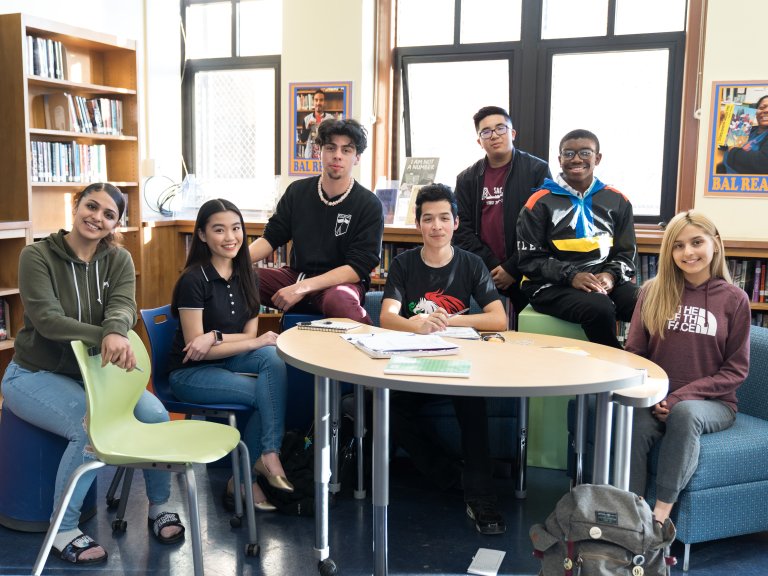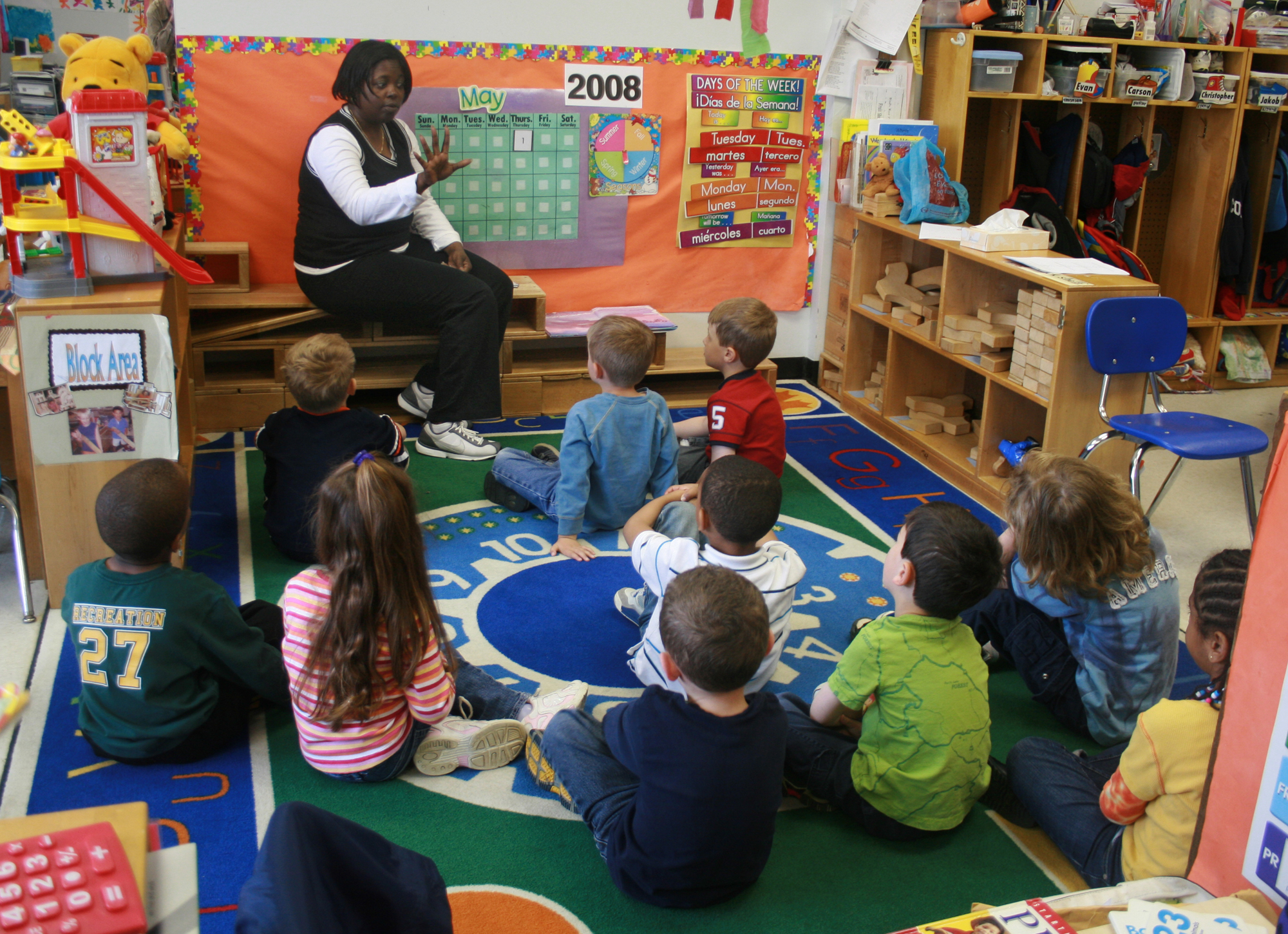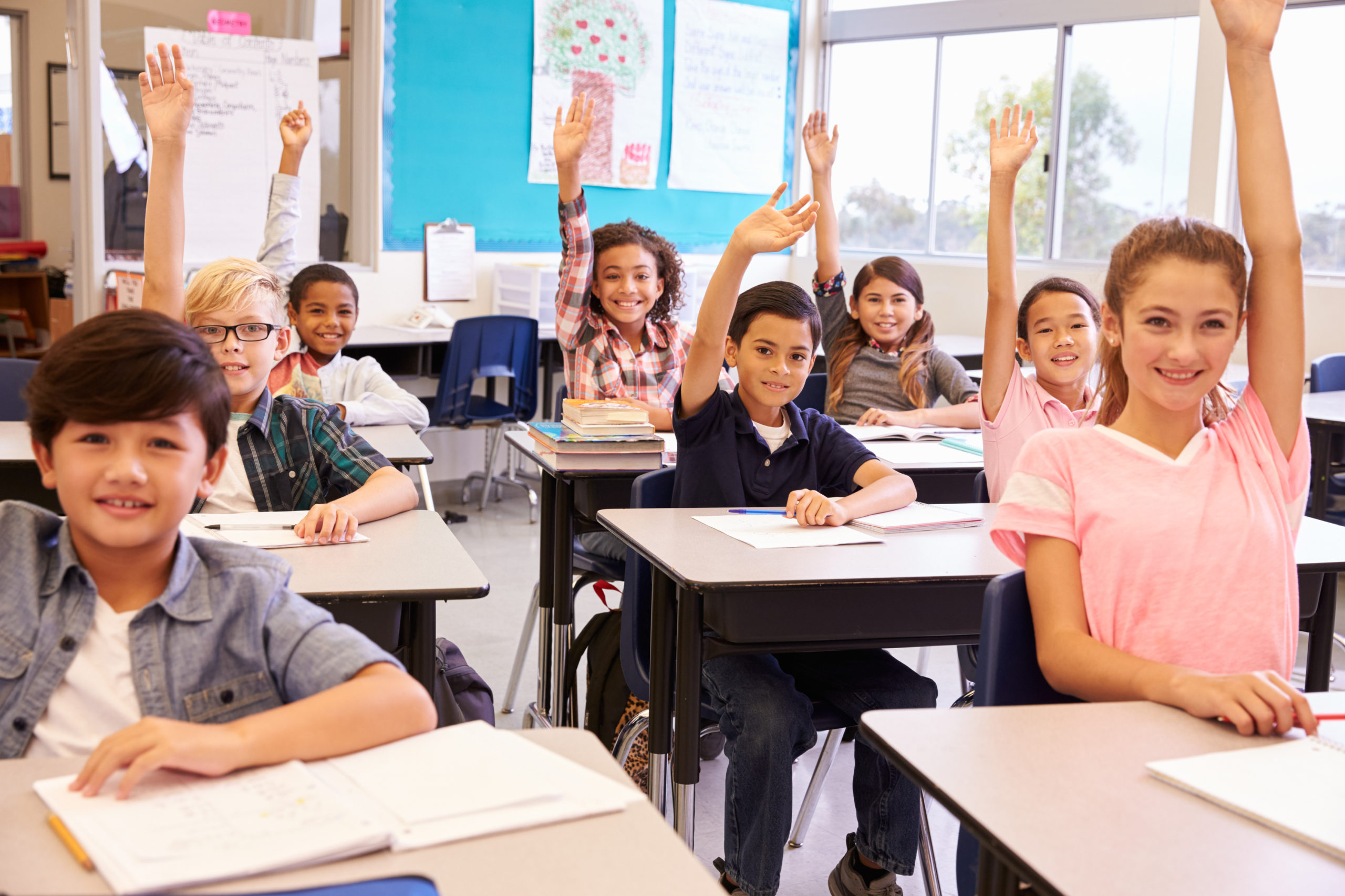Sign up with the Movement to Save Temecula Schools: Neighborhood Action Needed!
Sign up with the Movement to Save Temecula Schools: Neighborhood Action Needed!
Blog Article
Comprehending the Value of Colleges in Kid Growth and Area Development
Institutions' interaction with local areas through service-learning initiatives reinforces the bond in between families and instructional establishments. This symbiotic partnership highlights the significance of institutions in supporting active citizenship and lifelong understanding behaviors.
Academic Achievement
Academic success acts as a keystone of youngster growth, offering the foundation whereupon future knowing and success are built. Institutions play an essential function in fostering this academic growth, using organized settings where kids can obtain vital understanding and cognitive skills. Standardized educational program make sure that pupils gain effectiveness in core subjects such as maths, scientific research, and language arts, which are crucial for both greater education and learning and professional chances.
In enhancement to giving fundamental academic abilities, colleges likewise cultivate crucial reasoning, problem-solving capacities, and intellectual inquisitiveness. These cognitive competencies are essential for navigating complicated real-world circumstances and adjusting to the ever-evolving needs of the modern office. Teachers, as facilitators of discovering, employ diverse instructional approaches to deal with different learning styles, consequently optimizing specific student capacity.
In addition, scholastic success is closely linked to self-confidence and inspiration. Youngsters that experience academic accomplishments are most likely to develop a positive self-concept and a lifelong enthusiasm for discovering. Colleges additionally offer various resources, such as libraries and innovation, which additionally improve the instructional experience and prepare trainees for a technically sophisticated society.
Social Ability Growth
Beyond scholastic achievement, the duty of colleges in social ability growth is vital. Schools serve as a primary venue for children to find out and practice important social skills such as problem, interaction, and teamwork resolution. In the structured environment of a classroom, students connect with peers, teachers, and various other school personnel, supplying various opportunities to develop these important abilities.
Effective social ability advancement in colleges is facilitated via team activities, collaborative tasks, and extracurricular programs. These communications aid students recognize social norms, build empathy, and promote a sense of area. Team projects educate pupils how to function with each other towards a common objective, listen to different point of views, and browse disputes constructively.

The growing of social abilities throughout academic year lays a foundation for future individual and professional connections. Save Temecula Schools. As trainees grow, the capacity to successfully collaborate and communicate comes to be significantly essential, underscoring the college's vital duty in all natural child advancement
Exposure to Diversity
Exposure to diversity in schools is essential to cultivating a comprehensive frame of mind and expanding students' perspectives. Schools serve as a microcosm of the broader culture, and experiencing diverse cultures, languages, and socioeconomic histories within this environment outfits pupils with crucial abilities for browsing a significantly globalized world. This exposure encourages compassion, reduces prejudices, and advertises shared regard among peers.
Varied classrooms likewise improve cognitive and social development. Research study shows that pupils that engage with peers from different backgrounds show better problem-solving abilities and creative thinking. They discover to value different point of views, which improves classroom discussions and promotes a more dynamic understanding experience. This understanding of diversity prepares students for future offices that value multicultural capability.

Neighborhood Interaction
The advantages of varied class expand past the school wall surfaces, promoting a strong sense of neighborhood interaction amongst students. By engaging with peers from different social, socioeconomic, and ethnic backgrounds, trainees obtain a more comprehensive perspective and a gratitude for diversity. This direct exposure urges them to end up being active citizens who agree to add favorably to their areas.
Institutions that stress community engagement frequently incorporate service-learning tasks, which enable pupils to resolve real-world troubles while applying academic abilities. These jobs not only enhance students' understanding of their coursework but likewise instill a feeling of obligation and empathy. Collaborations between schools and neighborhood organizations offer pupils with chances to participate in community events, better solidifying their role as aggressive neighborhood members - Save Temecula Schools.
Additionally, adult and community participation in institutions enhances the bond in between schools and the neighborhoods they offer. When institutions open their doors to community occasions, workshops, and volunteer opportunities, they produce a collaborative environment that profits all stakeholders. This shared assistance system ensures that trainees obtain holistic growth, preparing them to come to be all-around people that value and contribute to their neighborhoods. Via these efforts, institutions play an essential function in supporting area engagement and promoting societal development.
Lifelong Knowing Routines
Creating long-lasting understanding habits is crucial for a child's continuous growth and adaptability in an ever-changing globe. Colleges play a crucial duty in instilling these behaviors by creating an atmosphere that promotes interest, important reasoning, and a love for understanding. Through varied educational programs and extracurricular tasks, instructors urge pupils to discover numerous subjects, analyze details seriously, and use their learning to real-world situations.

In addition, colleges i loved this give a structured atmosphere where kids can create self-control and time administration abilities, both of which are important for continual learning. By highlighting the significance of establishing objectives, reviewing progress, and adapting techniques, universities prepare trainees to browse the intricacies of grown-up life, ensuring they stay long-lasting students and factors to society.
Verdict
To conclude, colleges are crucial in fostering child advancement and neighborhood growth by supplying settings for scholastic success, social skill advancement, and direct exposure to variety. With collective jobs and interactions, colleges boost critical thinking, compassion, and interaction skills. Area involvement initiatives better reinforce the bond in between regional communities and educational organizations. Inevitably, institutions cultivate lifelong understanding behaviors, furnishing people with the essential understanding and skills to add favorably to culture. visit their website
In the structured atmosphere of a classroom, pupils connect with peers, instructors, and various other school staff, providing many opportunities to create these crucial capacities.
In significance, direct exposure to diversity within schools not just enriches private students but likewise enhances the social textile of the area as a whole.
The benefits of diverse class expand beyond the institution wall surfaces, cultivating a solid sense of community interaction amongst pupils.Schools that emphasize area interaction usually incorporate service-learning jobs, which permit pupils to address real-world problems while applying academic abilities. Collaborations in Find Out More between colleges and neighborhood companies provide students with chances to get involved in area occasions, better strengthening their duty as positive area participants.
Report this page